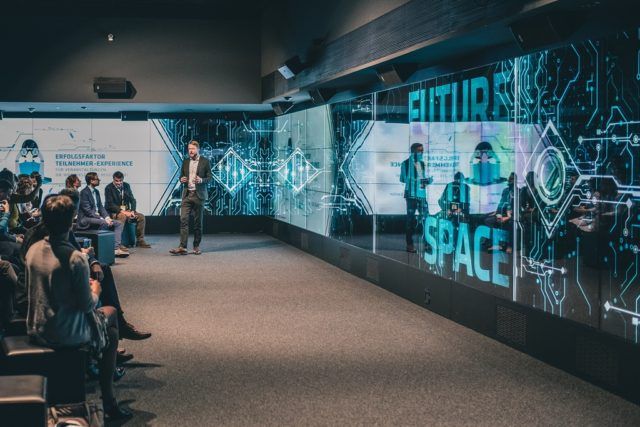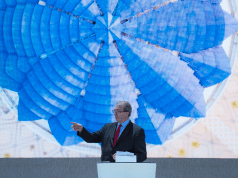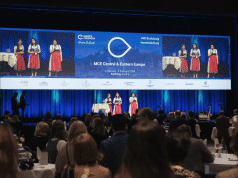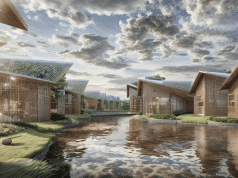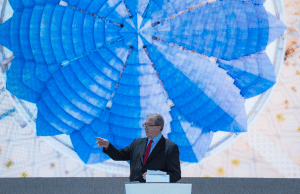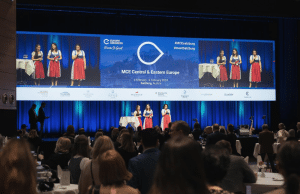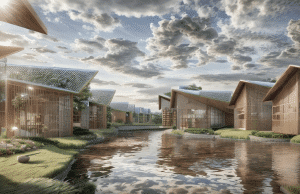In its 2021 research phase, the “Future Meeting Space” (FMS) innovation network, initiated by the GCB German Convention Bureau and Fraunhofer Institute for Industrial Engineering IAO, focused on the key topics and factors that impact the new ecosystem of events. Today, the FMS research partners are presenting their findings online, including scenarios for the future of events. The full study will be available for download shortly.
The ecosystem of events will undergo a profound change in the future. New technologies, climate change, new forms of mobility and our more flexible way of working will have a lasting impact on the events world. New requirements will need to be considered and new attendee expectations will have to be met. Against this background, the FMS innovation network has assessed more than 60 influencing factors in ten key areas, i.e., mobility, our living environment, sustainability, the working world, society, the market, political framework conditions, new technologies, event formats and know-how. “Hard” factors such as the use of new technologies were included in the analysis, as were changes in awareness and attitudes of a society or certain groups.
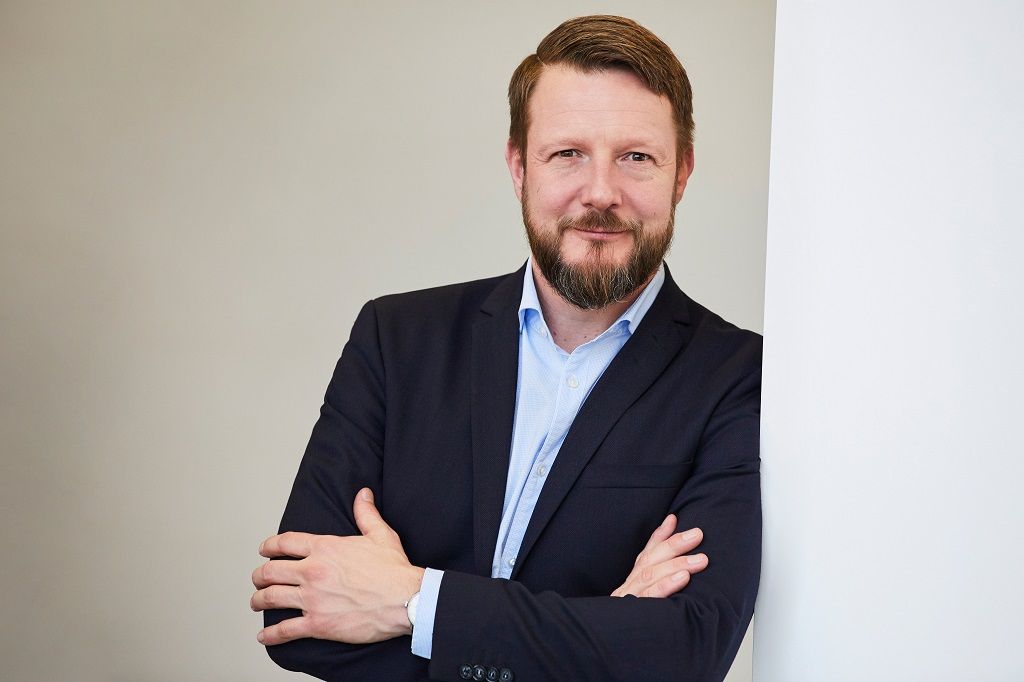
Changed events ecosystem with three future scenarios
The core outcome of the fourth FMS research phase are three scenarios: “Tried and trusted – a renaissance of the real” describes a return to what is familiar and has proven to work in the past. For business events, this means that face-to-face meetings are and remain the be-all and end-all. The “Diverse and flexible – the global community” scenario represents the opposite: meetings, conferences and congresses become experimental spaces where new things are tried out with actively participating event attendees. Digital tools make it possible to bring people from all over the world together for events with comprehensive participation options. The third scenario, called “Green and aware – the net-zero society”, is based on sustainability as the guiding principle of all actions. Event attendees by now expect all-encompassing sustainability concepts implemented in transparent ways.
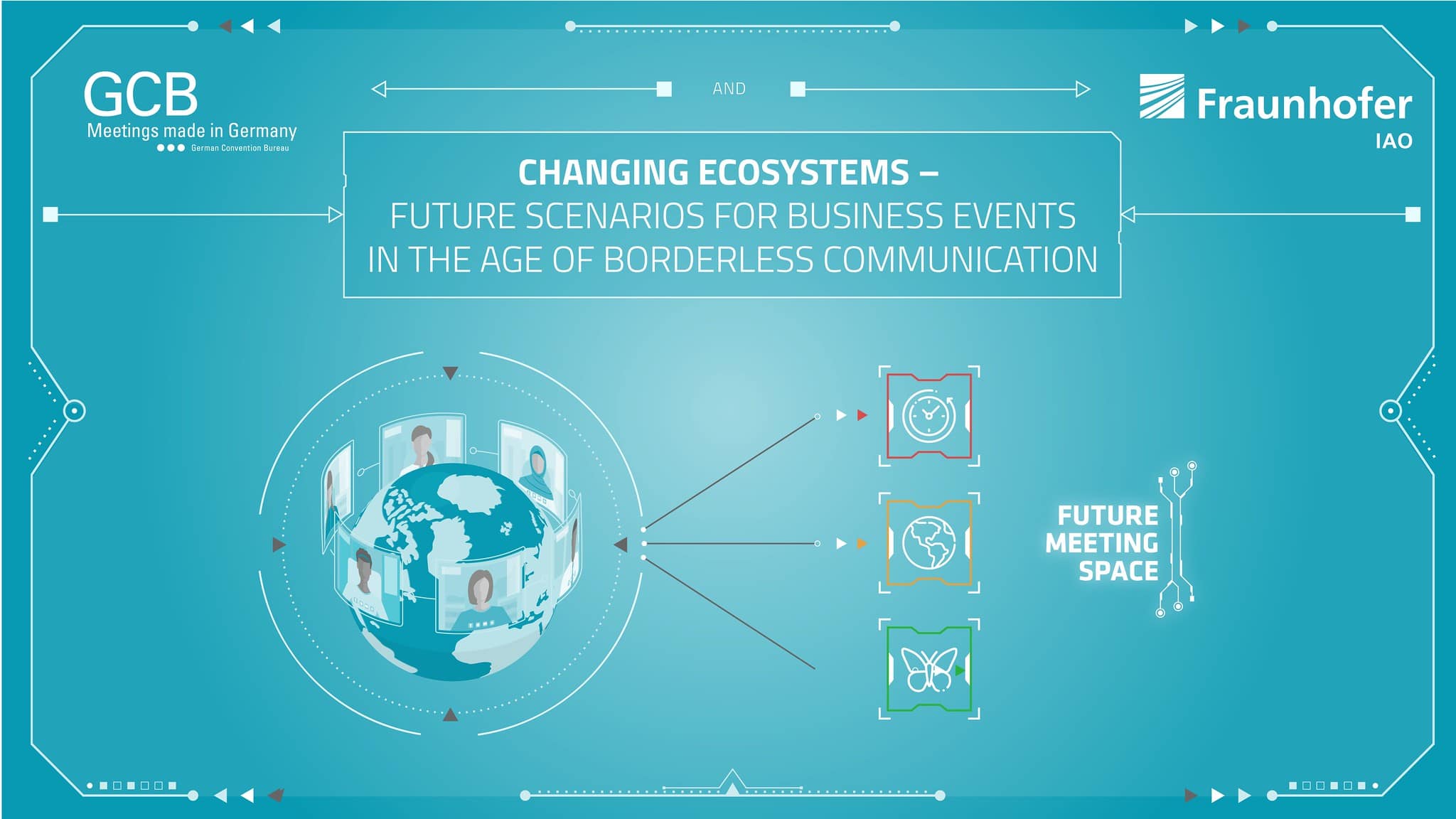
New opportunities for all stakeholders
All three scenarios are ideal, self-consistent types and should therefore not be seen as competing alternatives to each other. Rather, it is to be expected that, in different areas and at different times, combinations of individual factors of each scenario will become reality. “We started the current research phase in a time of fast and constant change. The pandemic was already in full swing, and events were mainly virtual or hybrid,” says Dr. Stefan Rief, Head of Organisational Development and Work Design Research Unit at Fraunhofer Institute for Industrial Engineering IAO. “It quickly became clear that there would be fundamental and sustainable changes in the ecosystem of events. With the results we’re presenting now, we want to offer guidance and inspiration to harness the opportunities currently opening up for all stakeholders who are shaping the business events of the future space.”
The full study “Changing ecosystems – future scenarios for business events in the age of borderless communication“ will be available shortly as a free download on www.future-meeting-space.de.


